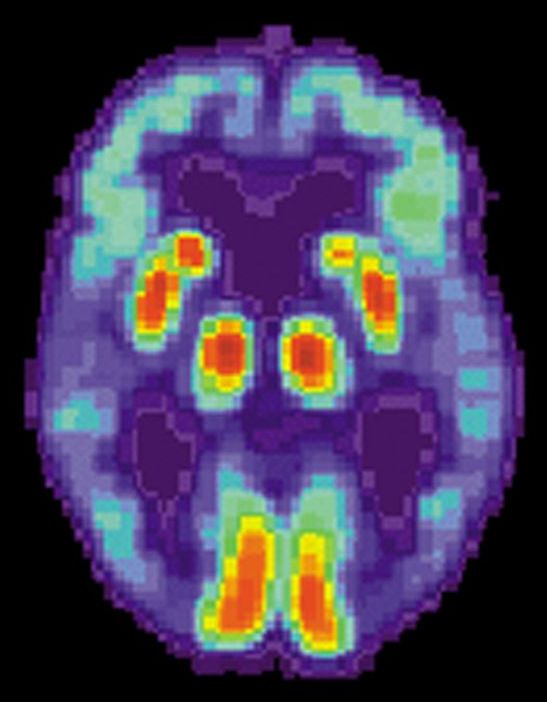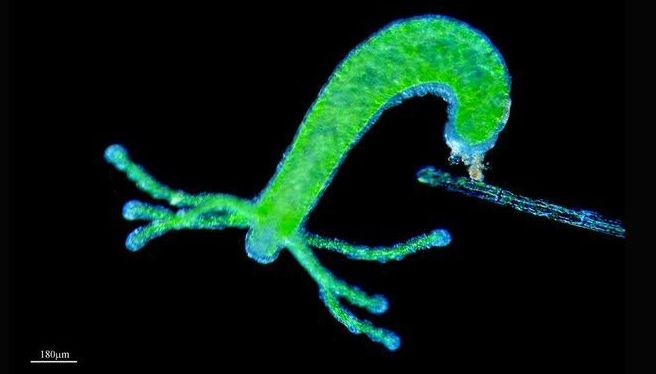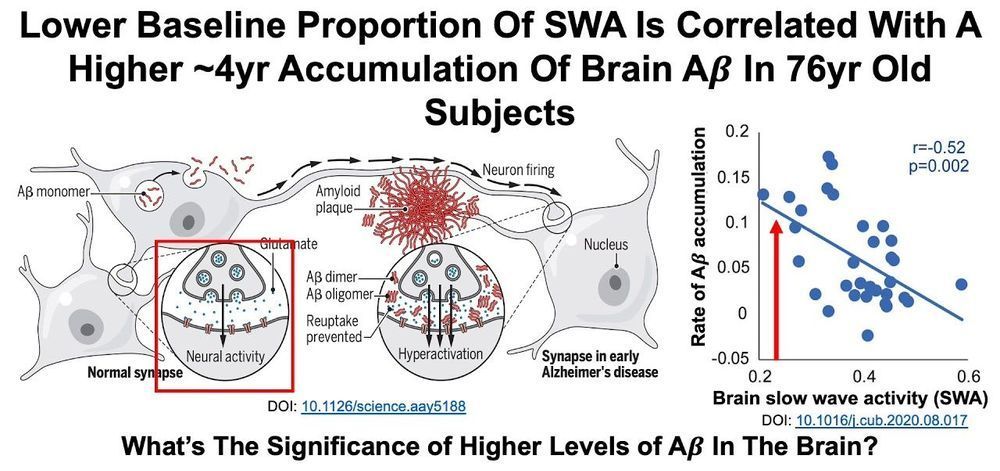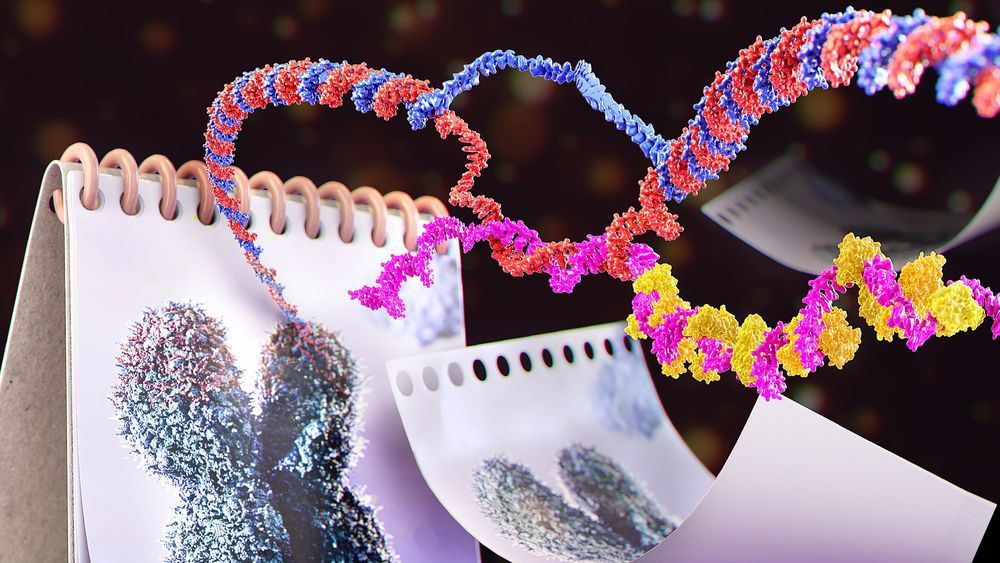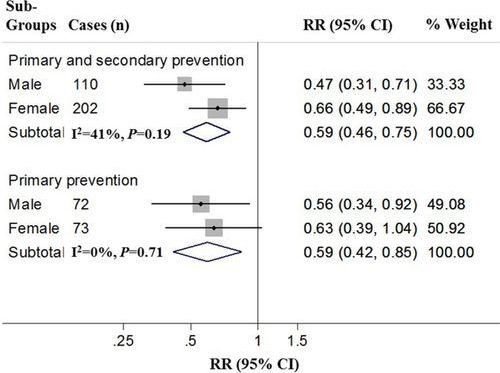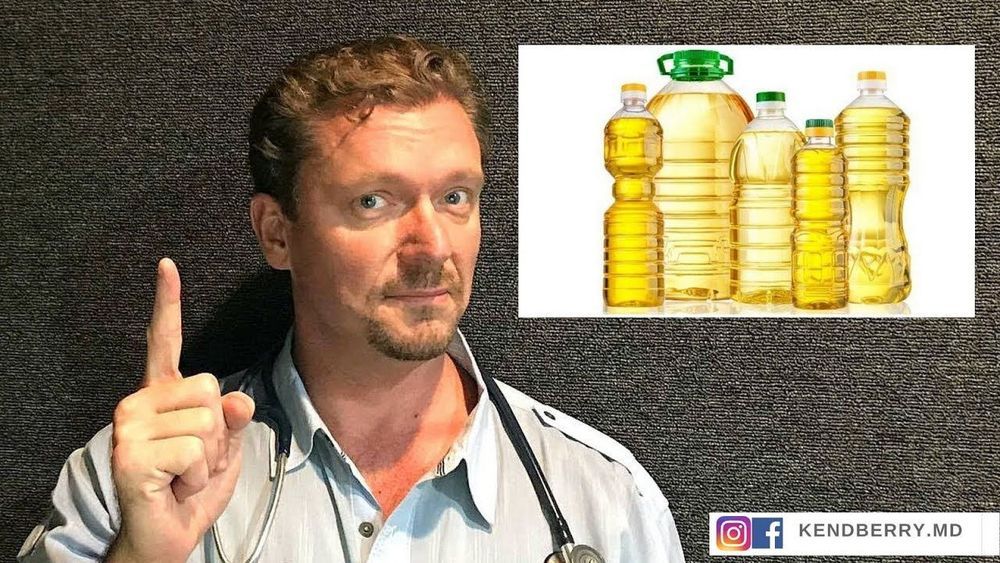Oct 21, 2020
New vaccine could help halt Alzheimer’s progression, preclinical study finds
Posted by Genevieve Klien in categories: biotech/medical, life extension, neuroscience
Our immune system’s capacity to mount a well-regulated defense against foreign substances, including toxins, weakens with age and makes vaccines less effective in people over age 65. At the same time, research has shown that immunotherapy targeting neurotoxic forms of the peptide amyloid beta (oligomeric Aβ) may halt the progression of Alzheimer’s disease, the most common age-related neurodegenerative disease.
A team led by Chuanhai Cao, Ph.D., of the University of South Florida Health (USF Health), has focused on overcoming, in those with impaired immunity, excess inflammation and other complications that interfere with development of a therapeutic Alzheimer’s vaccine.
Now, a preclinical study by Dr. Cao and colleagues indicates that an antigen-presenting dendritic vaccine with a specific antibody response to oligomeric Aβ may be safer and offer clinical benefit in treating Alzheimer’s disease. The vaccine, called E22W42 DC, uses immune cells known as dendritic cells (DC) loaded with a modified Aβ peptide as the antigen.
